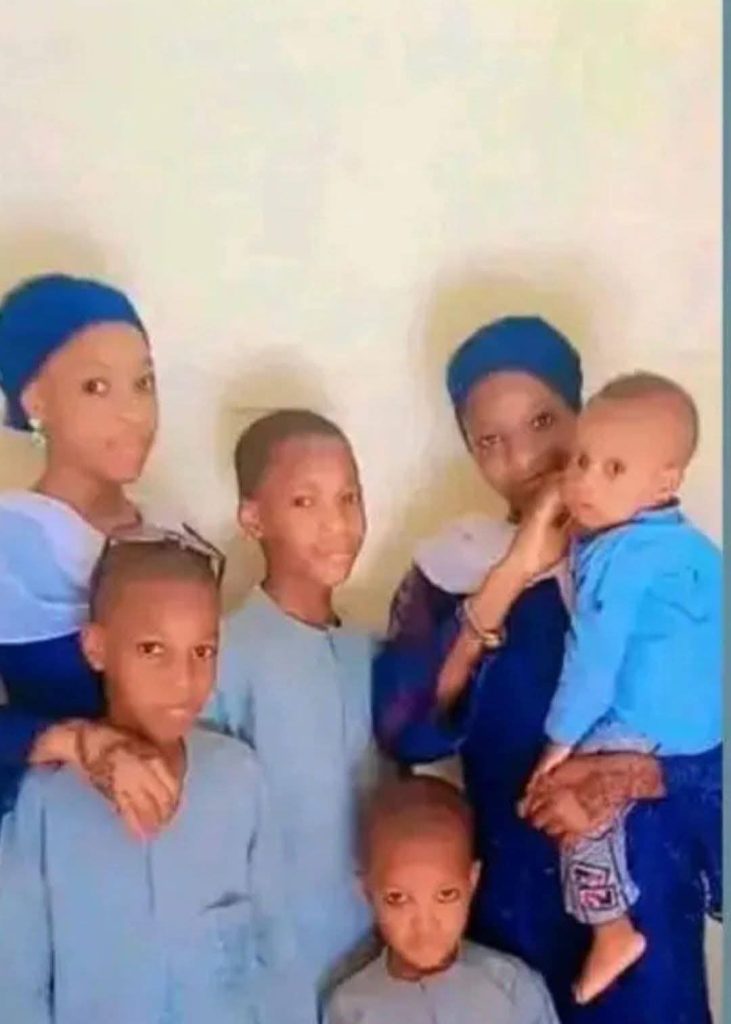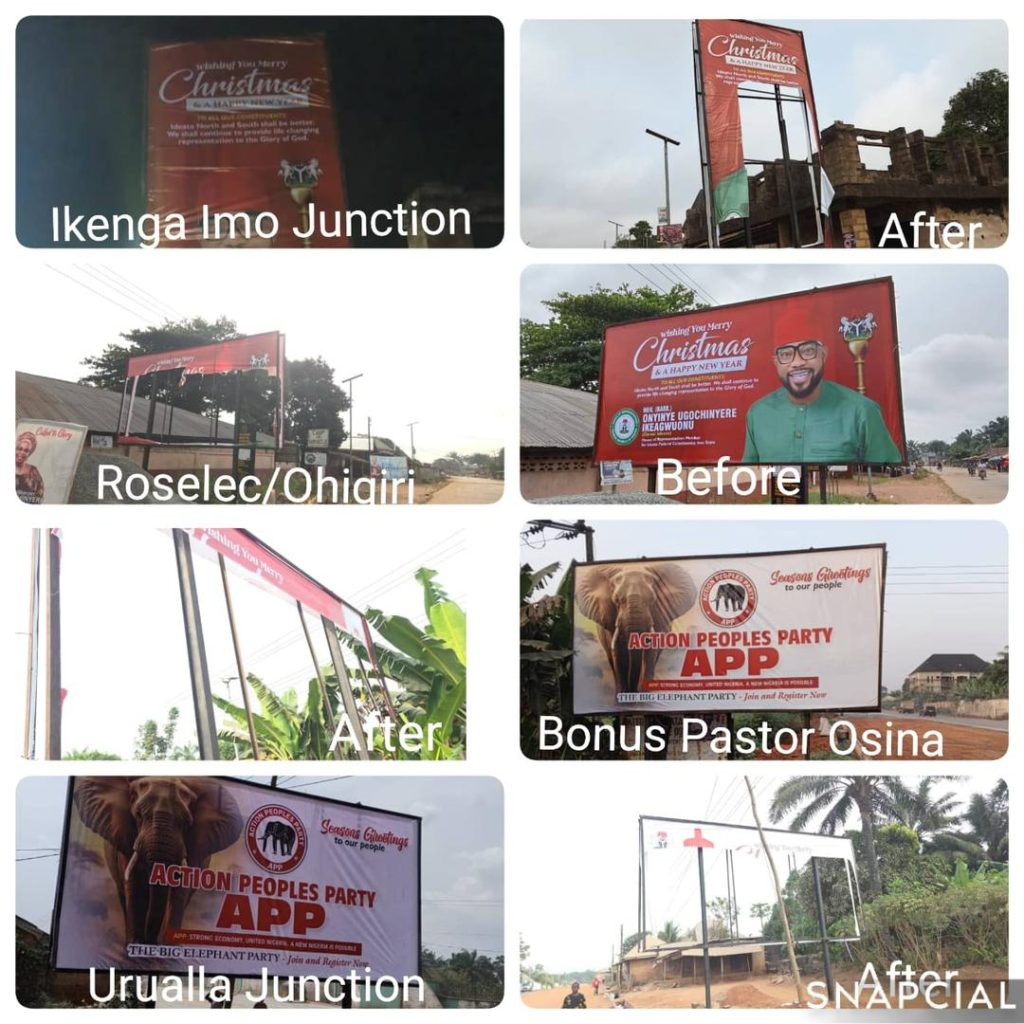Unlocking Africa’s Economic Potential: Empowering Young Women and Girls
Africa’s youthful energy is driving economic and social progress, with its innovative ideas and entrepreneurial drive. The continent’s large and young workforce presents an unprecedented opportunity to generate economic transformation. However, harnessing the full energy and talents of young women and girls across Africa is crucial to achieving this goal.
According to the Mastercard Foundation’s new report, "Young Women in Africa: Agents of Economic Growth and Transformation by 2030," accelerating young women’s economic productivity can unlock an estimated $287 billion in economic value in Africa, equivalent to a 5% increase in gross domestic product, and create 23 million jobs on the continent by 2030.
To achieve this, several factors must be addressed. First and foremost, girls and young women must have access to education and stay in school. Currently, 34 million adolescent girls of secondary school age are not in school, and only 26% of young women in sub-Saharan Africa complete secondary education. This translates into staggering losses in lifetime productivity and earnings equivalent to a $10 billion loss in GDP across the continent.
The Mastercard Foundation is committed to supporting girls’ education and increasing women’s participation in the workforce. Through its Scholars Program, the foundation has enabled over 45,000 young women and men to access quality education and develop their leadership capabilities. Additionally, the foundation works with young ed-tech entrepreneurs to deliver education via digital platforms to 2 million young people, with 70% of them being young women.
To further advance access to education and improve post-secondary school pathways, the foundation is scaling successful programs and expanding its partnerships with organizations such as CAMFED and FAWE. Over the next seven years, the foundation will invest $360 million to support over 70,400 young women and girls who live in economically disadvantaged communities to complete their education, start their own businesses, or access employment.
The story of Juliana, a young woman from Ghana who overcame challenges to become a qualified nurse and now leads a social enterprise, is a powerful illustration of how access to education and support can transform lives and communities.
The Mastercard Foundation is also working to deepen its collaboration with ministries of education, universities, and secondary schools to ensure education systems are responsive to the needs of girls and young women. This includes implementing reentry policies for young mothers and promoting equitable allocation of education budgets.
Education is the bedrock for realizing and sustaining Africa’s economic growth. However, integrating women into the workforce and enabling them to succeed as employees and entrepreneurs requires more than education. Policies that ensure young women have access to affordable capital, land, and equipment, as well as business networks and markets, are also crucial.
At the upcoming United Nations General Assembly, the Mastercard Foundation will convene leaders and practitioners who play an influential and impactful role in girls’ education and women’s economic empowerment in Africa. This exchange of ideas will focus on insights into successful programs and how they can be expanded.
The economic future of Africa depends on the empowerment of all young people, especially girls and young women playing a full and meaningful role. Through education, economic integration, and a shift in mindsets, we can build a future where every girl can learn and every woman can earn, lead, and thrive. This is not just a vision; it is an imperative to create a prosperous and sustainable Africa.



